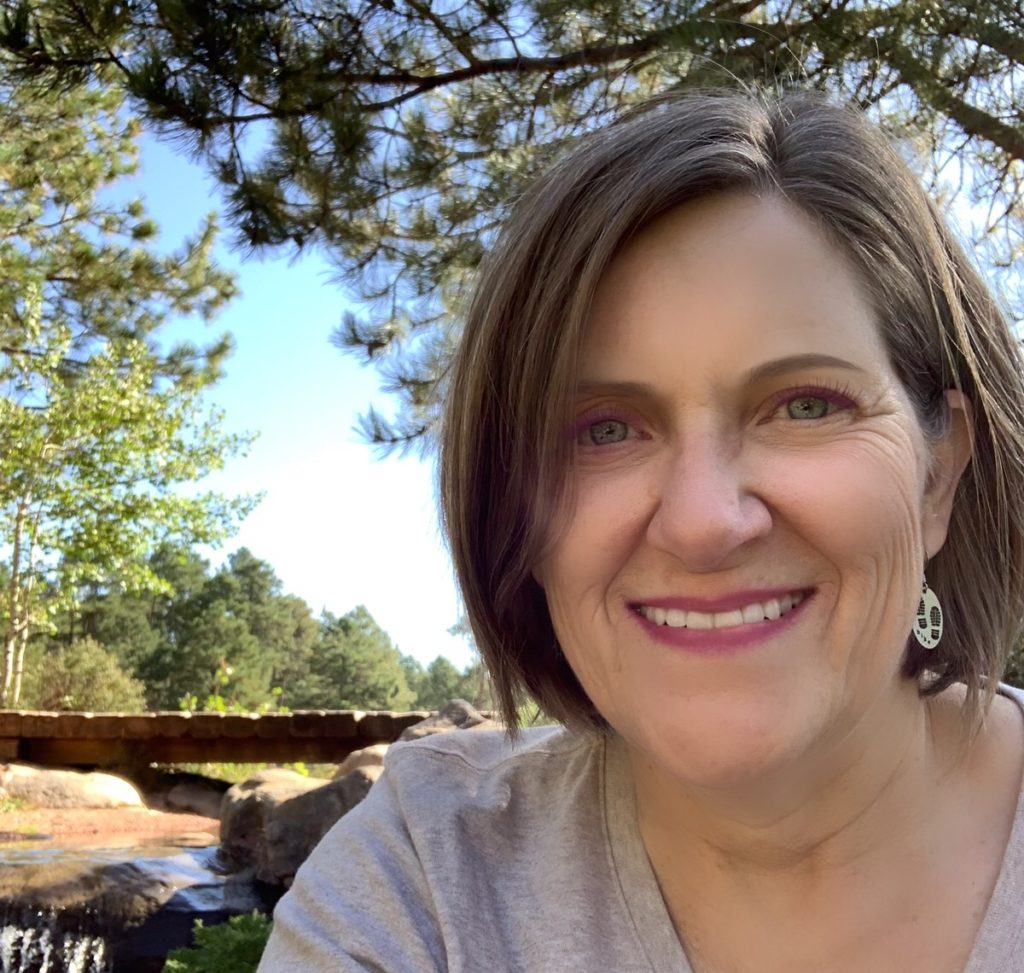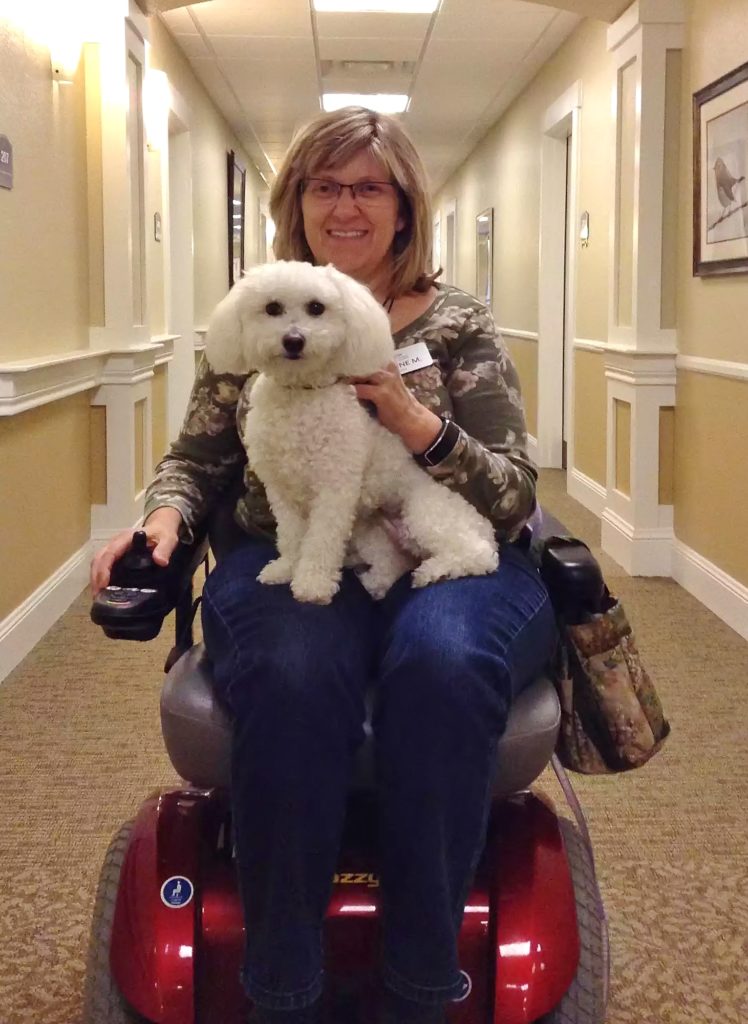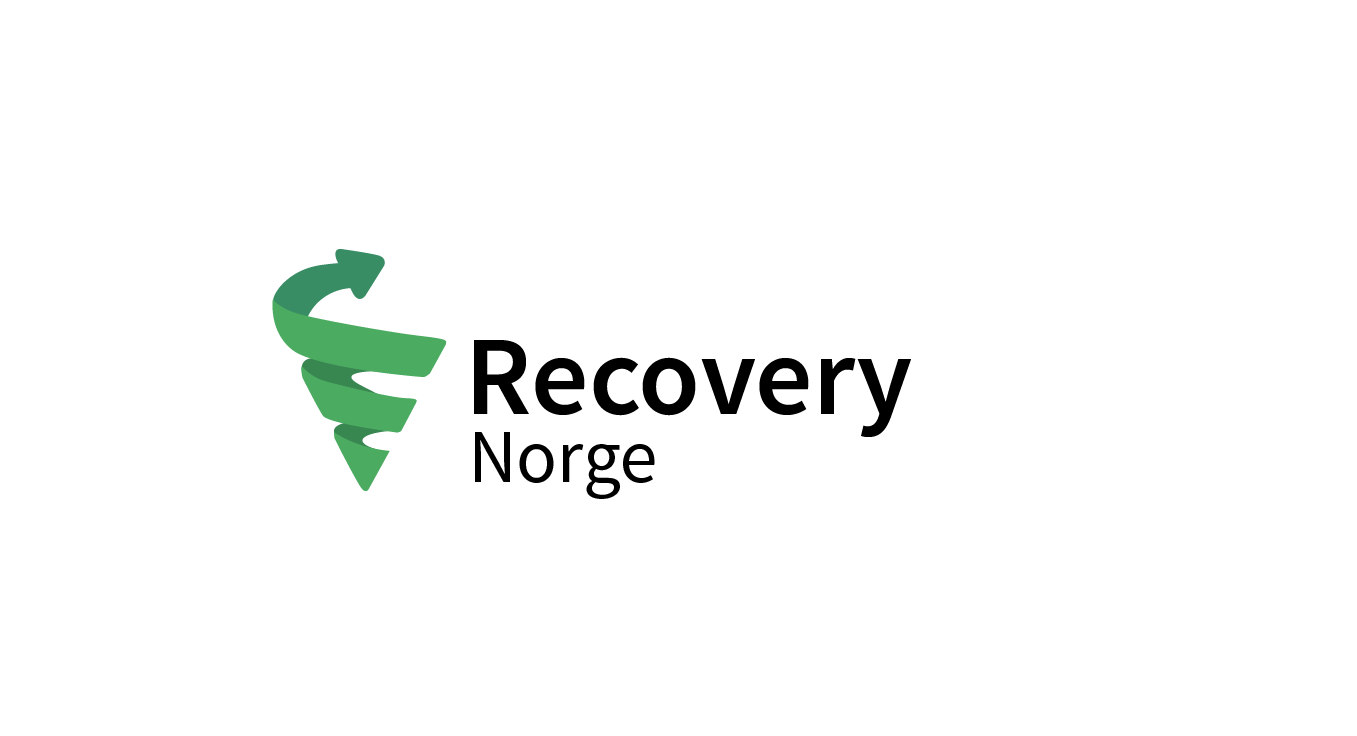Author: Max
On this morning, I went to work despite my pain, planning to leave as soon as my patient schedule allowed. It was October, usually a slow time in pediatrics. When I arrived in my office, I turned on the computer to look at my schedule. Scheduled slots showed up in yellow; open appointment times were white. I looked in shock at a completely yellow page. How could my schedule be totally full, today of all days?

As I resigned myself to get started, I began to pin on my ID badge. My hand stopped midway to my chest, refusing to complete the task. “This is ridiculous,” I thought, “Of course I can pin on my badge.” Still my hand refused to budge. Maybe this severe headache was more than a migraine. Could I be having a stroke? I called out to the nurse I knew was around the corner. As she came in, my frozen arm began to jerk violently. The nurse called for help and I was soon surrounded by nurses and doctors.
Reluctant acceptance
My journey into the world of Functional Neurological Disorder, then known as Conversion Disorder, had begun. The following days, weeks, months, and years were confusing and heartbreaking. Sadly, I saw the worst of the medical profession, a profession I loved. My credentials as a physician assistant did nothing to protect me from the disrespect, disdain, and abuse from many of those professionals from whom I sought help.
After a week’s hospitalization for the functional seizures I continued to experience and months searching for answers, my seizures stopped. They were replaced by mobility problems. Eventually these symptoms also resolved. Reluctantly, I accepted my Conversion Disorder diagnosis, although it didn’t make much sense to me. I had taken a short term leave from work for a few months, but began working again. I wholeheartedly threw myself into regular mental health counseling, as I was told that was the only treatment for my condition. Life went on and I managed to stay healthy for another 8 years.
A painful decision
With time, I could feel myself slipping mentally and physically. Exhaustion came early- by 3 pm each day, brain fog set in. I became concerned that my medical judgement could be compromised by my impaired cognition and I also worried that my Conversion Disorder could relapse, so after discussions with my husband and psychiatrist, I made the painful decision in 2009 to resign. It broke my heart to leave the position of my dreams, but I would have never forgiven myself if my mental state brought harm to a patient.
Early retirement helped me function better for awhile. Now that I had fewer demands, it was easier to make my own needs a priority. For a few years, I did well and had very few limitations.
Powerful beliefs
My mother, with whom I had a difficult, strained relationship, became very ill shortly before I had stopped working. The stress of helping her move and get her affairs in order had contributed to my difficulty in coping with my job. As she became more impaired, so did I. Soon I came to believe that I also had the degenerative condition with which she had been diagnosed.
Beliefs are powerful. The belief that my brain was deteriorating led to a rapid decline in my function. Be careful about what you believe. Your brain has a tendency to believe what you tell it. The good news is that you can also use this tendency to help you heal.
The belief that my brain was deteriorating led to a rapid decline in my function
My worsening condition eventually forced me into full time care at an assisted living facility. By that point, I could no longer walk and used a wheelchair. My speech had also become difficult and I was sometimes mute. I learned to use an assistive device to communicate, but it was very frustrating. In the assisted living facility, I was by far the youngest resident. I felt out of place and missed my husband. The environment was noisy. Since many residents were hearing impaired, anything broadcast over the overhead speakers was at maximum volume. I wore earplugs all the time to try to cope with the uncomfortable sounds, but they did nothing to mute the alarm of the mandatory fire drills. When the alarm began shrieking, I would lose control. Hands over my ears, I would scream in pain and terror.

New information
Even though I was in a new, beautiful, and well-run center with caring providers, I wanted to be home with my husband and in a place that was quiet and peaceful. We made expensive home modifications so that our home would be more wheelchair accessible.
Soon after I returned home, I had a follow-up doctor’s appointment. I was shocked when I was once again told that doctors had come to the conclusion that there was nothing wrong with my brain. I again was confronted by the word “functional” to describe the symptoms that I was facing.
Believing in the possibility of recovery made a difference
I turned to the internet to see if I could find anything that might make sense to me about this diagnosis. Thankfully, in the years since I had been told that I had Conversion Disorder, new information had become available about what was now called Functional Neurological Disorder. It was so refreshing to read that others struggled with this disorder, it was real, and it wasn’t my fault. Those were very different messages than the ones I had received over a decade earlier. I found information about treatment using brain retraining to help patients recover their lost function. Treatment programs for FND are few and far between, unfortunately. I knew that there were many barriers to getting accepted into a program and I didn’t want to wait any longer to get better, so I decided to begin tackling my symptoms myself. Believing in the possibility of recovery made a difference.
The mirror
First problem to address- my speech. Sometimes the words wouldn’t come out of my mouth at all; other times they were slow, halting, and stuttering. I wondered, “How do I re-teach my brain to move my mouth?”. The thoughts in my head were clear, the muscles just weren’t working correctly to get them through my lips as speech.
As I thought about the process of re-training my brain, I envisioned a long, difficult period of re-learning how to make speech sounds correctly. I wheeled my wheelchair to the bathroom and watched my lips in the bathroom mirror. To my astonishment, my brain had no problems directing those lips in the mirror. I could talk! I have found that in FND, the harder you try to control your muscles, the worse they behave. Using the mirror, my thinking brain was passive. I allowed my brain to focus on those mirror lips and automatically direct them. Amazing!
I have found that in FND, the harder you try to control your muscles, the worse they behave
My husband couldn’t believe it when he saw me next. His mute wife could now easily carry on a conversation! Friends and the rest of my family were equally surprised with the rapid restoration of my speech. I couldn’t explain it, and at that point, I fully expected to spend the rest of my life looking into a mirror whenever I spoke. Thankfully, my brain re-learned to make the connection between thoughts and speech and now the mirror is rarely needed. There are still times when my brain falters, like during times of fatigue or if I’m struggling with a migraine, but a mirror will always re-boot my function.
Once my speech problem was solved, I began to work on teaching my legs how to walk again. Since the mirror had been so successful for my speech, my plan was to try the same trick to re-learn how to walk. My husband bought a full-length mirror and set it up in front of our treadmill. As I hung on to the handrails for dear life, I focused on those legs in the mirror and let my brain direct them. It worked! Daily I increased my time on the treadmill and within a week, I could walk again! It seemed miraculous that I could go from total disability to restored function in such a short time. I was at a loss to explain it. I had to accept that my symptoms were due to Functional Neurological Disorder. No other brain condition could explain my rapid recovery.

Understanding the disorder
In one sense, my recovery was incredibly fast, but that’s only part of the story. I never want FND to control my life again, so I began a quest to better understand my brain and how to optimize its function. Although my brain still will occasionally disconnect, I know how to restore my function within minutes.
I don’t claim to be “cured” of FND, but I do claim recovery, defined in my own terms. At one point, I couldn’t walk, talk, or take care of myself. Now all of those things come easily. To me, that qualifies as recovery. My lifestyle is different now. Living a peaceful life is more important to me than joining the frantic pace that many people maintain as they strive for more and greater accomplishments, pushing their bodies and minds to the limit. Much of my recovery has to do with listening to my body and prioritizing my own needs. I am finding ways to strengthen the connections between my mind and body. Using mindfulness, meditation, self-compassion, creativity, time in nature, learning better emotional regulation, rewarding myself for every success, and always searching for new ways to grow, I believe that I will never again be under the control of FND. As I look back to my initial symptoms, I believe that my body was telling me to listen and take care of it. Every human being has limitations. When we ignore the things our bodies are trying to tell us, sometimes they have no choice but to make us listen.
Much of my recovery has to do with listening to my body and prioritizing my own needs
If you have Functional Neurological Disorder, I can’t promise that the things I have discovered can restore your connections, but it is my sincere hope that you can find ways to function better. My goal is to continue to explore ways to heal and share my findings with others who are also lost and confused by this unusual disorder, trapped in a body they haven’t yet learned to control. There is hope. Your mind holds more power than you may believe.

Max is on Twitter @FndRecovery and has a blog at fndrecovery.com. She has recently started a low-cost membership group for people with FND.
